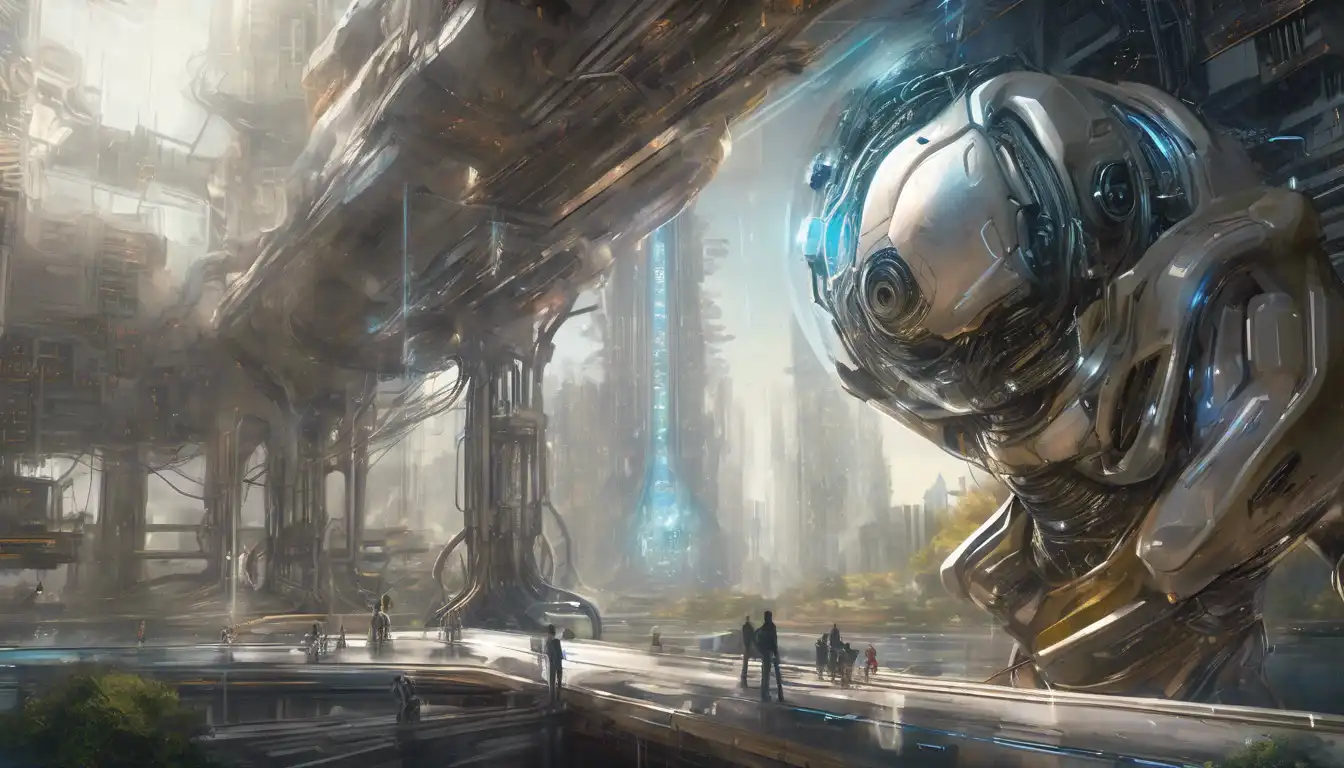The Evolution and Impact of Artificial Intelligence in the Modern World
Artificial Intelligence (AI) has transitioned from a futuristic concept to a cornerstone of modern technology, influencing every sector from healthcare to finance. This article delves into the current state of AI, its applications, and what the future holds for this transformative technology.
Understanding Artificial Intelligence
At its core, AI involves creating computer systems capable of performing tasks that typically require human intelligence. These tasks include learning, decision-making, and problem-solving. The advancements in machine learning and deep learning have significantly accelerated AI's capabilities, enabling machines to process and analyze vast amounts of data with unprecedented accuracy.
Current Applications of AI
Today, AI is everywhere. From virtual assistants like Siri and Alexa to more complex applications such as predictive analytics in healthcare, AI is reshaping how we live and work. Below are some key areas where AI is making an impact:
- Healthcare: AI is revolutionizing diagnostics, treatment planning, and patient care through technologies like image recognition and natural language processing.
- Finance: In the financial sector, AI is used for fraud detection, risk management, and automated trading.
- Retail: Personalized shopping experiences powered by AI algorithms are becoming the norm, enhancing customer satisfaction and loyalty.
- Manufacturing: AI-driven predictive maintenance and robotics are increasing efficiency and reducing downtime in manufacturing processes.
The Future of AI
The potential of AI is limitless. With ongoing research in quantum computing and neural networks, AI systems are expected to become even more sophisticated. The integration of AI with other emerging technologies like the Internet of Things (IoT) and blockchain will open new avenues for innovation and efficiency.
Challenges and Ethical Considerations
Despite its benefits, AI poses significant challenges, including ethical concerns around privacy, bias, and job displacement. Addressing these issues requires a collaborative effort among technologists, policymakers, and the public to ensure AI develops in a way that benefits all of humanity.
As we stand on the brink of a new era in technology, the future of AI promises to be as exciting as it is uncertain. By fostering responsible development and embracing the potential of AI, we can unlock a future where technology and humanity thrive together.
